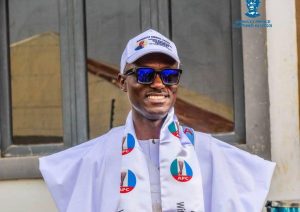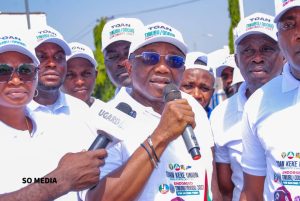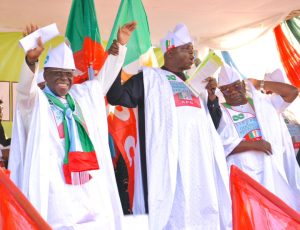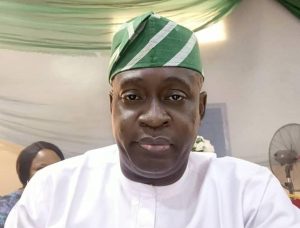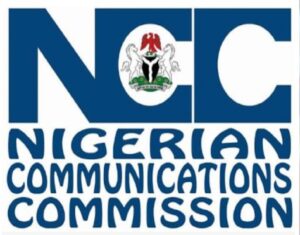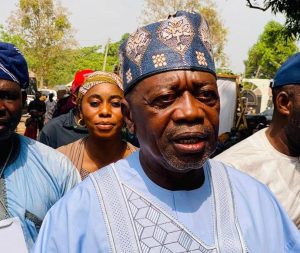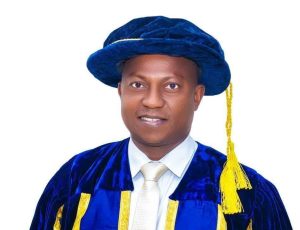Wind of hope for Nigeria’s ailing power sector
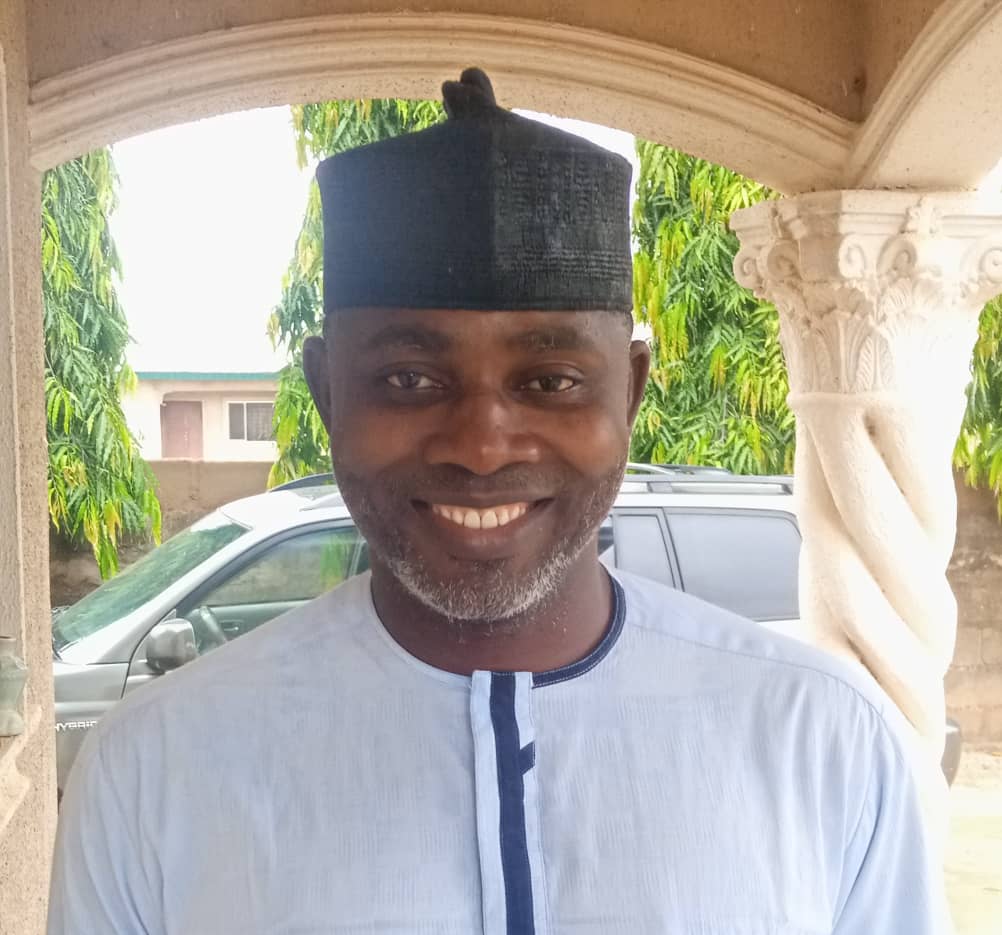
‘Science knows no country because knowledge belongs to humanity and is the torch which illuminates the world’. Louis Pasteur who was a notable French Microbiologist and Chemist once made this assertion at the height of his discoveries of the principles of vaccination, microbial fermentation and pasteurization. This zeal and notion for scientific discovery for the benefits of humans regardless of race, religion or creed seem to be the watchword of a Kogi-born Physicist, Dr Abdelghaffar Amoka Abdelmalik who has sojourned local and international institutions of higher learning in search of knowledge.
Currently a Senior Lecturer in the department of physics, Ahmadu Bello University, Zaria where he had earlier obtained Bachelor and Master’s Degrees in Physics, Dr Abdelmalik jetted out of the country with the burning desire to evolve workable and sustainable inventions that will permanently put to rest, the seeming insurmountable power problems in many African countries, especially Nigeria.
He was at the Abdussalam International Centre for Theoretical Physics in Trieste, Italy in 2007 for a workshop and thereafter won IDB Merit Scholarship Award in 2008 that took him to the prestigious University of Leicester, United Kingdom in 2009 for Doctoral Degree programme. It was while in the UK that Dr Abdelmalik carved a niche for himself in Dielectrics and Electrical Insulation as he intermittently visited Norway and Mexico in 2010 and 2011 respectively for conferences.
Subsequently, he obtained a Doctoral degree in High Voltage Engineering from University of Leicester, UK in 2012 and later left for Norway in 2013 for post-Doctoral research fellowship. While at the Scandinavian country (Norway), Dr Abdelmalik dexterously extended his research tentacles to Stockholm and Paris in 2015.
Indeed, such a tireless knowledge seeking adventure over the years could only be propelled by innate desire to ameliorate livelihood by mitigating teething issues in one of the most important sectors (power) that serves as fulcrum to others in an economy. As a result of his unmatchable academic resilience and track record in Leicester University, Dr Abdelmalik became recipient of Merit Awards notable among which are IDB Merit Scholarship Award for high technology and IEEE DEIS Graduate Student Fellowship for innovative idea. His Doctoral Supervisor at the university graciously gave him Glassman 400kv HVDC Power generating set (after it was appropriately decommissioned) that was formally in the High Voltage Laboratory in the University of Leicester, UK.
It is worthy to note that the University did not attach any condition to the offer of the generating set. Rather, the gesture was meant to help their Alumni, his Institution and even others to facilitate meaningful research in his home country.
As a worthy ambassador that deserves to be celebrated in the academic and beyond, the Vice Chancellor of Ahmadu Bello University, Zaria, Prof. Ibrahim Garba and the Head of Physics Department, Prof. Rabiu Nasiru could not contain their admiration and eulogies recently when the efficacy of the power generating set was revealed to them by Dr Abdelmalik. They immediately facilitated the shipping of the equipment to Nigeria which has been successfully installed and tested in the university’s High Voltage Research Centre that has gone moribund since 1980s.
With the successful revival of the research centre, courtesy of the academic exploits of Dr Abdelmalik in the United Kingdom, the facility will open new doors for innovative research in Materials Science and dynamic development of asset condition assessment.
The 43 year old scientist had joyously submitted on 10th January, 2020 during the installation of the facility that “when I returned from the UK in 2015, I started looking at the possibilities of reviving high Voltage research in ABU to serve our ailing power industry; an effort that led to the establishment of HV materials Lab in our Department.
“We currently have an ongoing project on: Reliability Model for Safe Operation of Oil-filled Power Equipment in Nigerian Electricity Grid Network. You are welcome to our labs to see what we’ve got and we are open to Postgraduate students and collaboration to develop solutions for our emerging power industry.”
Dr Abdelmalik who lamented that the lack of solid maintenance concepts as well as highly qualified resources are among the current situation and challenges facing Nigeria’s electricity grid network revealed that there is a weak link between Electric power Industries and Nigerian the Universities that hold the keys for innovation in the point of view of developing novel ideas and capacity building.
“Facilities such as the newly established 400 kV HVDC Laboratory in Ahmadu Bello university will facilitate solution development for power industry, training and retraining of indigenous expertise to effectively manage our power facilities”, he said.
The facility, if optimally utilized according to experts in power sector, could perform testing for endurance and reliability of high voltage power systems and create an environment for training skilled manpower in monitoring and safe handling of power systems, devices, and components.
As experts continue to pour encomiums on Dr Abdelmalik whose specific research interest is “dielectrics”, he is no doubt poised to join other reputable global Scholars in the area of physics. We can make good to say that he has roundly conquered the age long axiom said of a prophet who is not honoured in his home as students, staff and management of ABU Zaria were recently thrown into spectacular jubilation at the successful installation and testing of its revived High Voltage Materials Laboratory after decades of inactivation.
He recalled that after his presentation at 2011 CEIDP at Cancun, Mexico, an elderly Scholar, Professor Alun Vaughan of the University of Southampton, Uk met him and said, “that was an impressive work and awesome presentation.” He told him that his work was more on Biomolecular Engineering and that he had a discussion with a colleague just before the session started on the possibility of research on structural modifications of some materials for HV insulation not knowing that there was going to be such an interesting presentation on that topic by a young scholar.
Indeed, Dr Abdelmalik has the torch that could illuminate Nigeria and Africa if nurtured.

